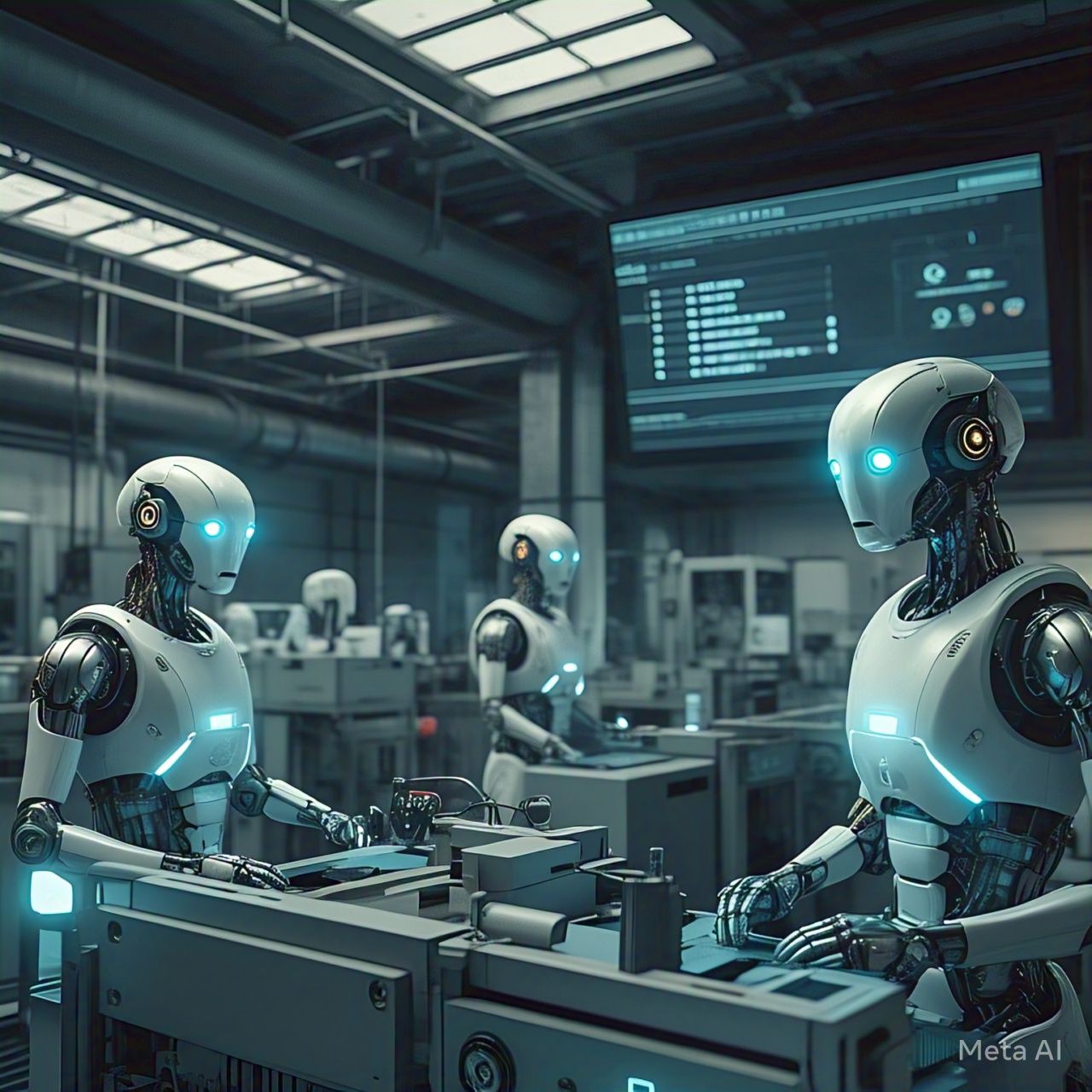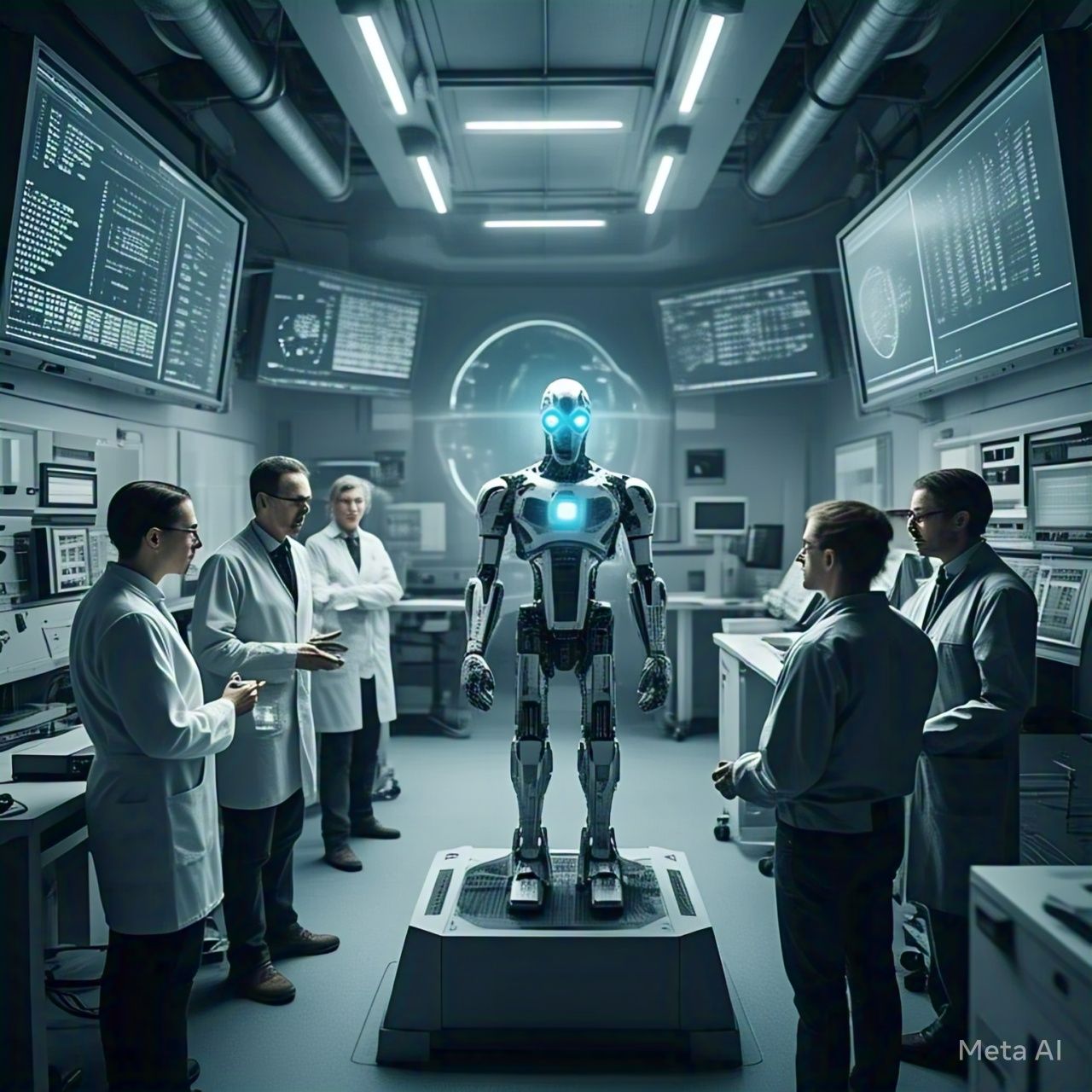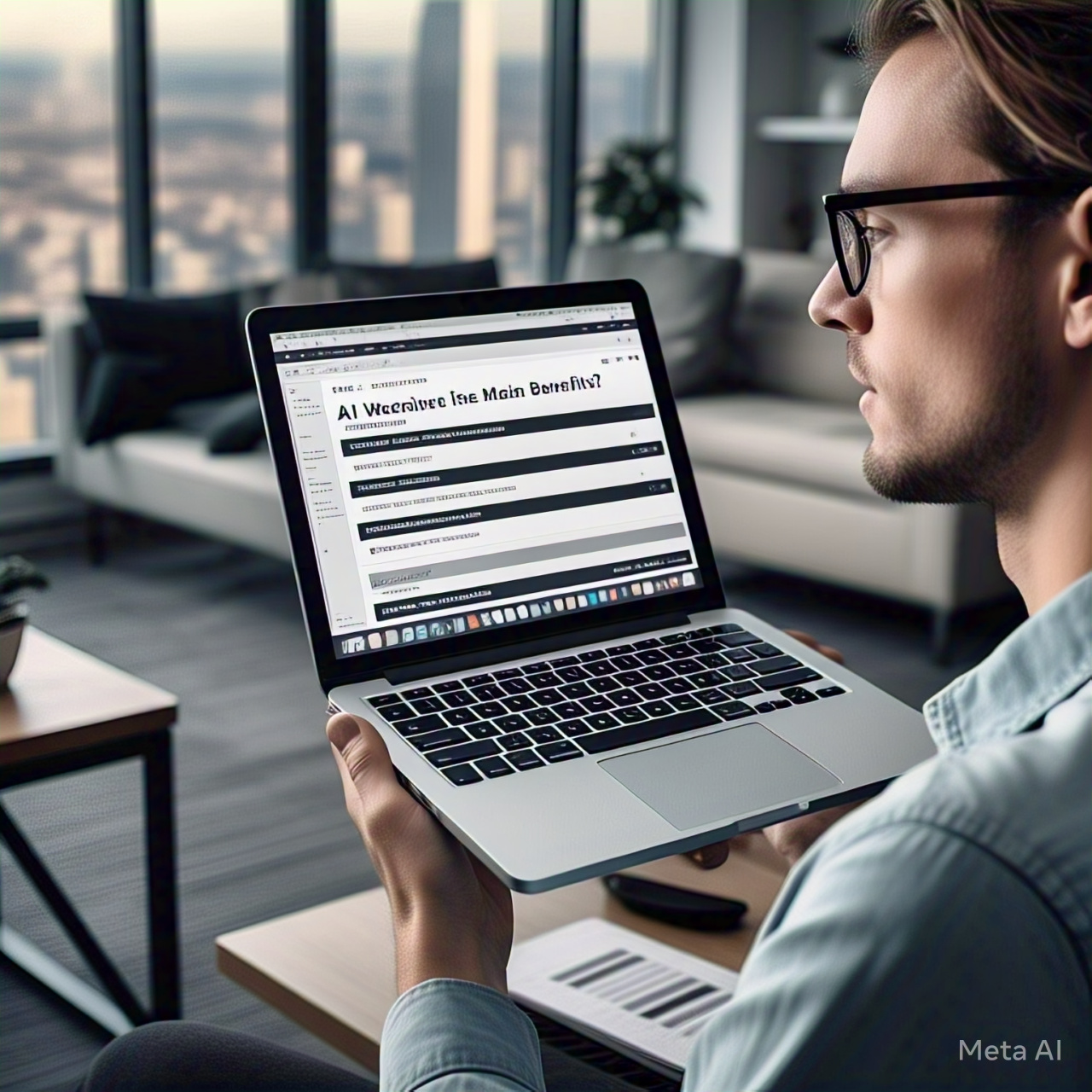Introduction
Artificial intelligence (AI) and robotics are revolutionizing the workplace, transforming industries by enhancing efficiency, accuracy, and productivity. From manufacturing and logistics to customer service and healthcare, AI-powered robots are redefining how businesses operate. These intelligent machines streamline workflows, reduce human error, and allow employees to focus on more strategic tasks. In this article, we explore how AI robots are reshaping the modern workforce and the benefits they bring to various industries.
The Impact of AI Robots on Workplace Productivity
1. Automation in Manufacturing
AI-driven robots have long been a cornerstone of the manufacturing sector, performing tasks such as assembly, welding, and quality control with unparalleled precision. Companies like Tesla and BMW use robotic arms to enhance production speed while minimizing defects, leading to improved efficiency and cost savings.
2. AI-Powered Logistics and Warehousing
In logistics, AI robots optimize supply chain operations by automating inventory management, packaging, and order fulfillment. Amazon’s robotic fulfillment centers utilize AI-powered bots to pick, sort, and transport goods, significantly reducing processing time and errors while increasing throughput.
3. Robots in Healthcare and Medical Assistance
AI-powered robotic assistants in healthcare are transforming patient care by performing surgeries, delivering medications, and assisting with rehabilitation. Surgical robots like the da Vinci system enhance precision, while AI-driven hospital bots handle repetitive tasks, allowing medical professionals to focus on patient treatment.
4. AI Chatbots and Virtual Assistants in Customer Service
Businesses leverage AI-driven chatbots and virtual assistants to enhance customer service efficiency. Bots like ChatGPT and IBM Watson assist customers by answering queries, processing transactions, and troubleshooting issues in real-time, leading to faster response times and improved customer satisfaction.
5. AI in Financial and Business Analytics
AI robots process vast amounts of financial data, detecting patterns and predicting market trends. AI-driven analytics tools help businesses make data-driven decisions, optimize investment strategies, and enhance fraud detection, improving overall financial performance.
6. AI-Powered Agriculture and Farming
In agriculture, AI robots assist in precision farming by monitoring crops, optimizing irrigation, and automating harvesting. Companies like John Deere and Blue River Technology use AI-driven machinery to enhance yield, reduce waste, and minimize labor-intensive processes.
Benefits of AI Robots in the Workplace
1. Increased Efficiency and Accuracy
AI robots perform repetitive and complex tasks with higher precision and consistency than human workers, reducing errors and increasing productivity.
2. Cost Reduction and Operational Savings
Automation lowers operational costs by reducing labor expenses, minimizing material waste, and optimizing resource allocation.
3. Enhanced Workplace Safety
AI robots handle hazardous tasks in industries like construction and mining, reducing workplace injuries and improving overall safety.
4. Scalability and Adaptability
AI-powered systems adapt to changing business needs, enabling companies to scale operations efficiently without compromising productivity.
5. Improved Work-Life Balance for Employees
By automating repetitive and mundane tasks, AI robots free employees to focus on more strategic and creative aspects of their jobs, leading to better job satisfaction and innovation.
The Future of AI Robots at Work
As AI technology advances, robots will become more intelligent and capable of handling even more complex tasks across industries. Future developments may include fully autonomous factories, AI-driven workplace assistants, and deeper human-robot collaboration. The key to a successful AI-powered workforce lies in balancing automation with human expertise to create a more efficient and productive work environment.
Conclusion
AI robots are redefining workplace productivity by automating tasks, optimizing efficiency, and transforming industries. As businesses continue to adopt AI-driven solutions, the future of work will be characterized by seamless human-robot collaboration. Are you ready to embrace the future of AI in the workplace?




